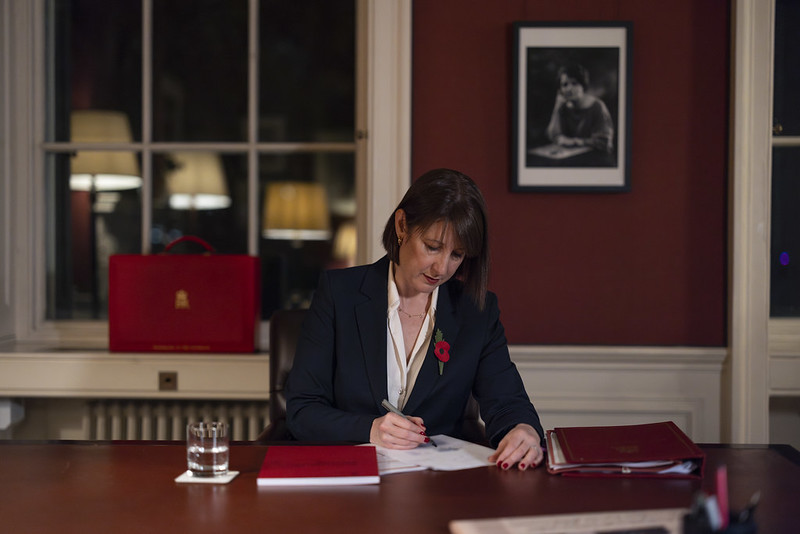
The Chancellor Rachel Reeves announced to the Commons in her Budget speech that capital gains tax (CGT) will increase.
Reeves confirmed to the House that the lower rate of CGT would rise from 10% to 18%, and the higher rate from 20% to 24%.
Capital gains tax is charged on profits which are made from selling assets. But Reeves told the house that rates on residential property would remain at 18% and 24% – (at the higher and lower rates)
Jackson -Stops chairman Nick Leeming commented: “We welcome the Chancellor’s decision to leave Capital Gains Tax (CGT) on residential property and buy-to-let properties unchanged. With supply already tight across the rental market, increasing CGT would have likely discouraged landlords from maintaining or expanding their portfolios, adding further upward pressure to rental prices and impacting affordability for renters.”
Amy Reynolds, head of sales at Richmond estate agency Antony Roberts said keeping CGT at 18% for basic rate taxpayers and 24% for higher-rate taxpayers on BTL and second properties might continue to incentivise landlords to sell. “Something we are already seeing as landlords become cost-conscious through increased mortgage costs. This will benefit first-time buyers if there is an increase in stock, making the housing market more competitive and price-sensitive.”
MPowered Mortgages head of product Peter Stimson was keen to point out that any sense of relief over CGT on property was overshadowed buy stamp duty changes. “Buy-to-let landlords and second home owners were expecting another tax squeeze from the Chancellor. “But what they got was a whack with a hammer.
“Not an increase in general taxation or the Capital Gains Tax they pay when selling a rental property, but a whopping 2% uplift in the Stamp Duty payable when buying a home to rent out.”
He added: “A sector rendered fragile by successive tax raises and interest rate rises is now likely to be clinging on by its fingernails after today’s announcement.



